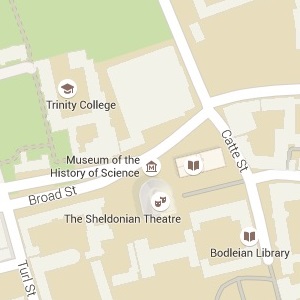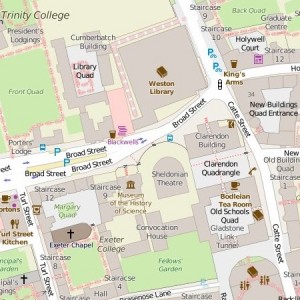Oxfordshire is an odd place. The rural district councils are strongly Conservative; Oxford itself is strongly anyone but the Conservatives. The trend in local government is towards unitary councils which do everything, but how would that work in Oxfordshire?
The simplest model would be a unitary Oxfordshire Council (as in Cornwall and Wiltshire), but Oxford and rural Oxfordshire are politically chalk and cheese. The next option would be to turn the city into a unitary and merge the rural districts into one or more unitaries.
However, a plan from Oxfordshire’s five lower-tier councils endorsed by the county’s MPs is a bit more complicated. Oxford City Council would become a unitary and the two districts in the south of Oxfordshire would merge – South Oxfordshire and Vale of the White Horse already share offices and services. Continue reading “Coxit map: council reorganisation that breaks up Oxfordshire”


